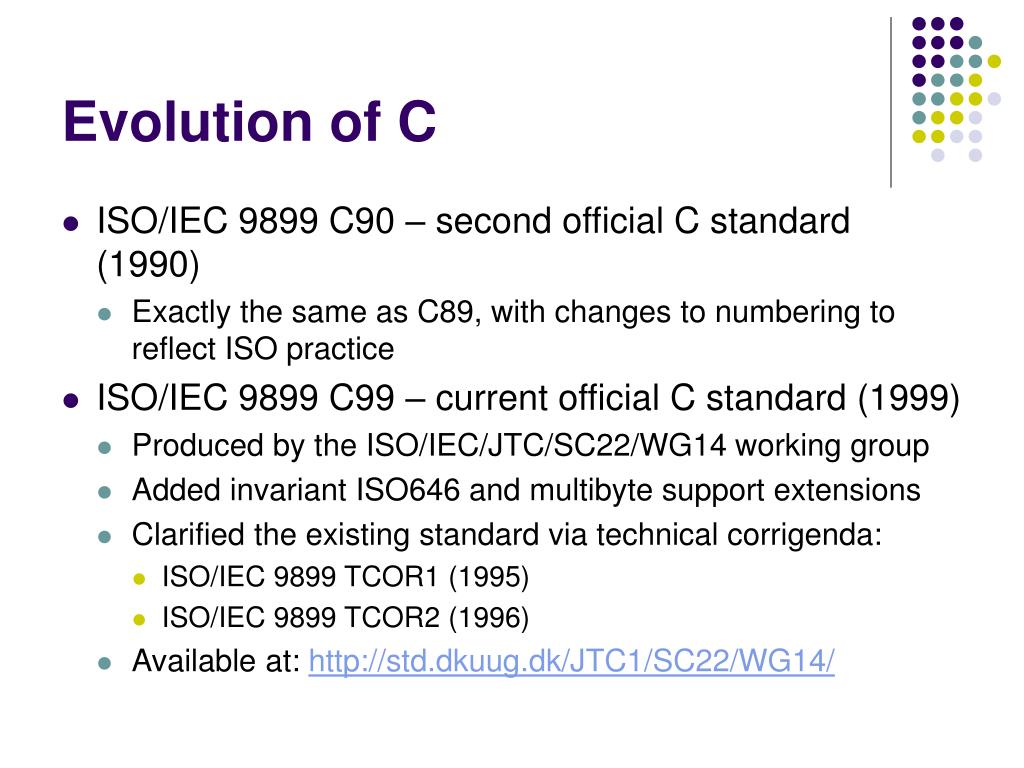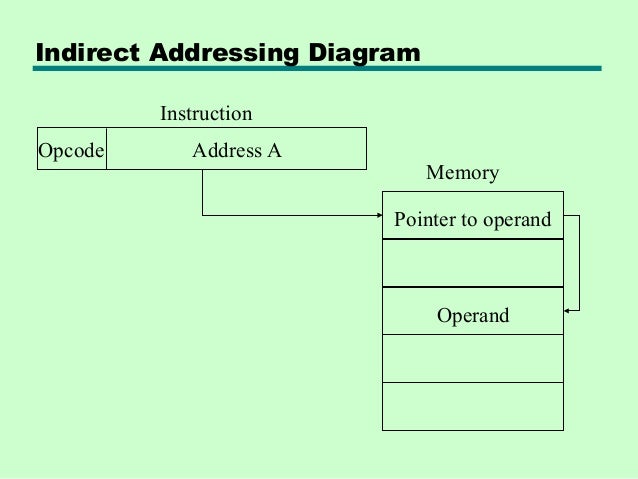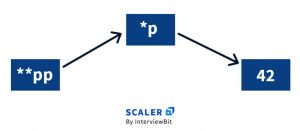

- #Indirection requires pointer operand how to
- #Indirection requires pointer operand update
- #Indirection requires pointer operand code
#Indirection requires pointer operand code
The purpose of this code is to pass a virtual address in decimal and output the page number and. Unless the type name specifies a void type, the type name shall specify atomic, qualified, or unqualified scalar type, and the operand shall have scalar type.
#Indirection requires pointer operand update
#Indirection requires pointer operand how to
How to optimize the layers of pointer indirection.Is performing indirection from a pointer acquired from converting an integer value definitely UB?.Getting raw pointer from shared_ptr to pass it to function that requires raw.

If the first operand of an additive expression is convertible to both pointer and integer, which conversion is chosen?.Can std::remove_pointer be used to remove all indirection from pointer type?.LLVM: Creating a CallInst with a null pointer operand.Is there a smart pointer type that requires multiple owners?.How much does pointer indirection affect efficiency?.Why can't I dereference a pointer to an object that's an array-element using the indirection operator?.Why does taking a member function pointer value requires class name qualification even from inside of the class?.Can't resolve Error: indirection requires pointer operand ('int' invalid).

However, there are a few remaining issues. We now have much nicer compiler error messages. If context = null then context = Demo Error: This demo requires Javascript to run. Typeck6.ics:26:45: Note: bool originates here IntercalScript, an early predecessor to cubiml, takes a similar approach: TYPE MISMATCH - Jump To ProblemThe 1st argument to `NewFace` is not what I expect:īut `NewFace` needs the 1st argument to be: $ clang -fsyntax-only t.c t.c:5:11: error: indirection requires pointer operand ('int' invalid) int y = *SomeA.X ^~~~~~~~Īs another example, here is a typical compiler error message in Elm. Most modern compilers have converged on spanned error messages, that is error messages which display your code and point out the particular portion relevant to the error.įor example, here is an example error message from Clang, a C++ compiler with a focus on high quality error messages. This week, we will improve cubiml’s error messages.

In particular, it just prints out “Unexpected types” when a type mismatch occurs, with no elaboration. However, while the compiler works, it is not very user friendly. Last week, we covered the addition of literals and operators to cubiml and presented the first complete demo of the language. Click here to go to the beginning of the series.


 0 kommentar(er)
0 kommentar(er)
